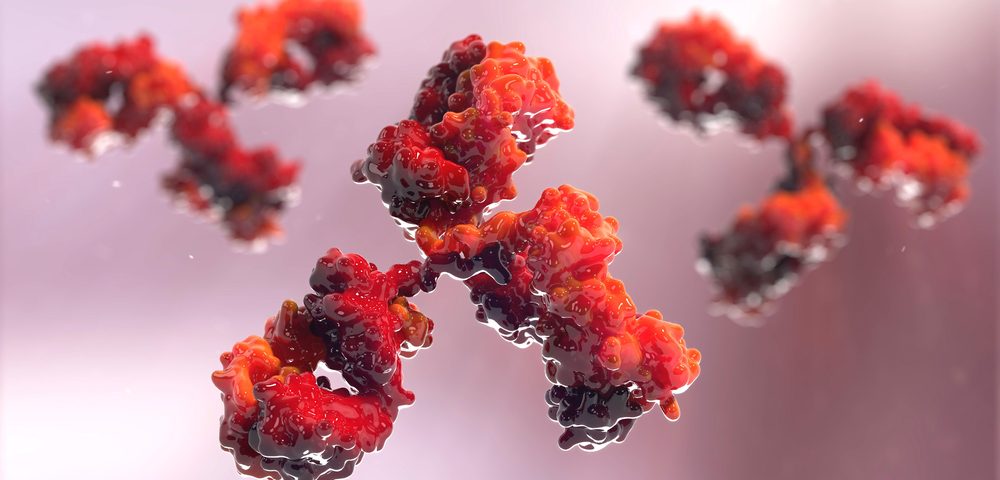Inovio Pharmaceuticals reported that its experimental gene therapy-based antibody against prostate cancer has shown promising effects in early mouse studies of the approach, which combines advanced methods to combat cancer.
Instead of providing injections of a cancer-fighting antibody, the company has developed an approach in which the body’s cells produce the antibody. This method also is used to develop treatments for infectious diseases.
A research article, “Novel prostate cancer immunotherapy with a DNA-encoded anti‑prostate‑specific membrane antigen monoclonal antibody,” recently showed that mice treated with the compound started producing antibodies against prostate‑specific membrane antigen (PSMA), which controlled tumor growth and prolonged survival.
The work, conducted in collaboration with researchers at the Wistar Institute in Philadelphia, was published in the journal Cancer Immunology, Immunotherapy.
Inovio calls the approach a DNA-based monoclonal antibody (dMAb) product. It is composed of a man-made piece of DNA — the gene encoding the desired antibody — in the form of a plasmid. Plasmids are small circular DNA pieces that can be directly injected into tissues.
Directly following injection into the muscle, researchers use a method called electroporation to make cells take up and incorporate the new piece of DNA into the genome. A weak and brief electric current make cells open up their membranes, which allows them to take up foreign pieces of genetic material. The method uses thin electrode needles that are inserted next to the injection site.
Once in place, the new gene starts producing antibodies against PSMA, which then kills cancer cells by a so-called antibody-dependent cellular cytotoxicity (ADCC) mechanism. In the process, immune cells called natural killer (NK) cells are recruited and act to kill the tumor.
This mechanism differs from Inovio’s other prostate cancer immunotherapy, INO-5150, which instead uses T-cells to combat the cancer.
While antibodies are very effective treatments for a range of diseases, they are difficult and expensive to produce. Antibodies also have to be given by injection rather often because they rapidly become degraded in the bloodstream. By making the body produce the antibody, the treatment becomes both cheaper and easier to administer, researchers believe.
In contrast, the production of the synthetic DNA used is a cost-efficient procedure that is easily adapted to a larger scale.
“Many of the top-selling drugs on the market today are monoclonal antibodies; our dMAb products may improve upon this class using our synthetic design and in vivo production,” J. Joseph Kim, Inovio’s president and CEO, said in a press release.
“Our dMAb program represents a new application of our potent DNA technology platform to develop valuable new treatments for cancers and infection,” he added.

